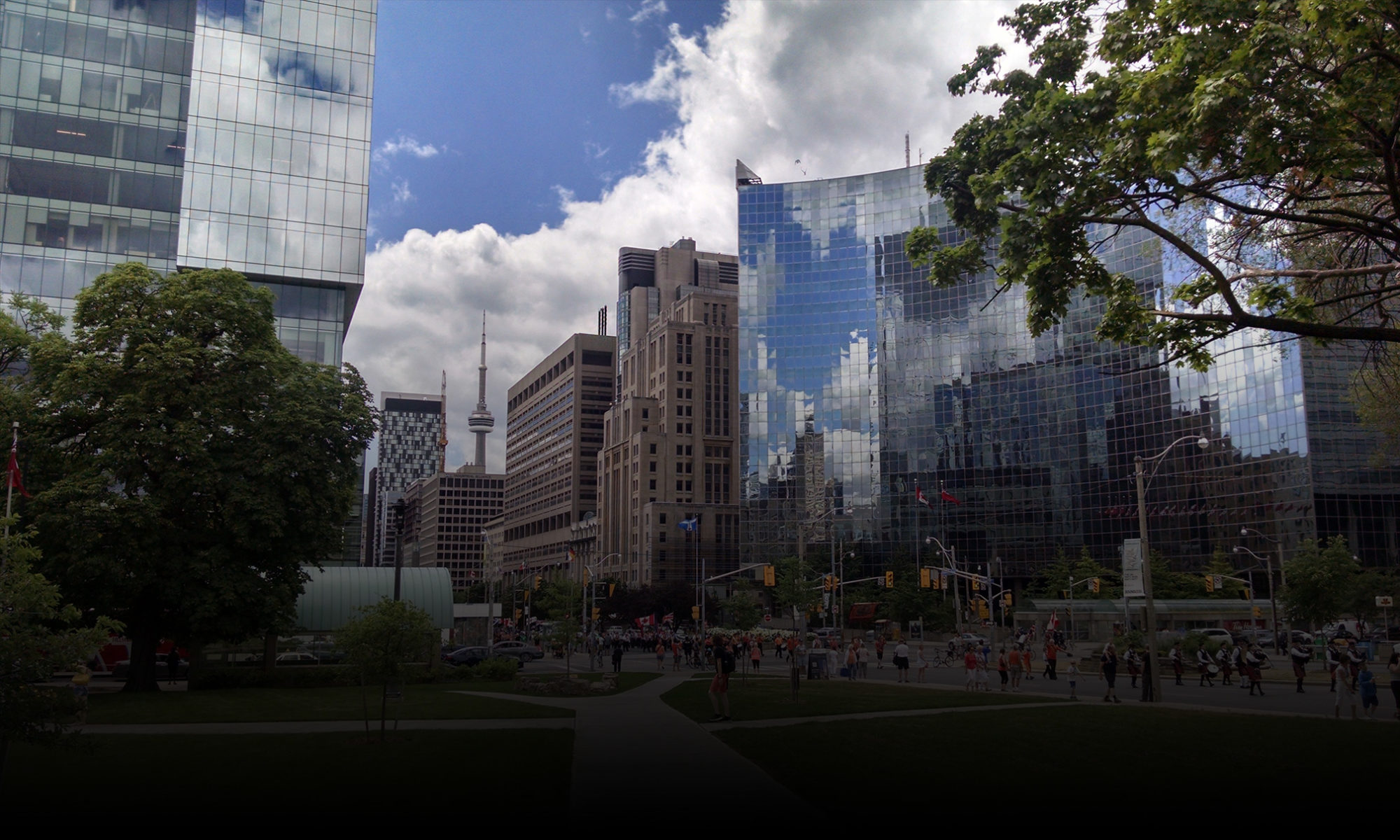Making a Beautiful Tasty Sandwich
So, you’re making a sandwich, a beautiful tasty sandwich. You gather the fresh pickles, tomatoes, lettuce, avocado, cheese, mayo, mustard, fresh ground pepper, etc. Then you reach for the bread. You open the plastic bag and if you are like most people, you automatically skip past the heel, like your looking for an ace in a deck of cards. You go straight to the “good stuff” towards the middle.
Running on Autopilot
Caught you! You’re like a robot or a computer running an algorithm, not even aware you’re running the program. Or rather, the program is running you. Why don’t you like heels? No, really, why? I’m pretty certain you’ve never performed a taste test to compare the crusty exterior with the interior. You’ve probably never examined it for detectable flaws. You likely are completely unaware of why you eschew, the crusty one. Maybe you’ve simply aped mother or father or a sibling. The reason doesn’t really matter. The fact is you have a blind-spot and a bias. It likely isn’t the only one. We all have them. I do, too.
Biases in the office
Patterns that are codified into the DNA of an organization reside with individuals. Schooling, past experiences, beliefs, and values all shape the biases we bring to work each day. Biases held by individuals and entire departments become woven into the innovation fabric of the enterprise. One classic and common bias is financial. “What is the business case?” “What is the expected ROI?” “Is this a big enough business to matter?” These biases for immediate results or large returns squash budding ideas that really could be the next big thing, if nurtured. Smart people everywhere are upholding these biases and unable to move forward. They are stuck in their own thinking; much like a trained elephant is tethered to the ground with only a small chain and spike that it could easily break free from.
Biases in our lives
Biases come in many forms. For some it is about not eating heals. Sometimes, these biases and blind-spot lead us to act in ways that are intolerant of others, insensitive to our surroundings, suspicious of others motives, and unbelieving of others abilities.
I once had a friend that came home from a job and went on to tell me about the completely incapable, intolerable, irritating new hire that had started that day. Within a couple of weeks the bias had subsided and the two pals were spending time together. What other blind-spots and biases might you have? Ask a friend or colleague to observe your patterns and practices. You might just learn something about your habits.
There you have it, robot. I hope you’ll soon savor the special loaf end, that crusty exterior, whether you slather it with butter and strawberry jam, make bread pudding, or homemade seasoned croutons. And, if you still decide to throw those heals in the compost, then at least you’ll do so with your eyes and mind wide open. Enjoy your sandwich.
about the author
Greg authored The Experience Design Blueprint, a book about designing better experiences and then making them come true. The models in the Experience Design BLUEPRINT are equally relevant to organizations of all types and sizes including start-up entrepreneurs, nonprofi ts, for-profi ts, and government.
The chapter in The Experience Design Blueprint that especially pertains to this post is:
- Chapter 11: Barriers to Innovation and Overcoming the Wall
Gregory Olson’s latest book is L’ impossi preneurs: A Hopeful Journey Through Tomorrow, a light-hearted and deadly serious book about a brighter future where we live more meaningful lives, governments invest in people and sustainable progress, and technology serves humans.
 Gregory Olson founded strategy and design firm Delightability, LLC. with the belief that if you delight customers then success will follow. He believes that we all have the potential to do better, as individuals, organizations, and communities, but sometimes we need a little help. Gregory also serves as a volunteer board member for Oikocredit Northwest, a support association for social and impact investor, Oikocredit International.
Gregory Olson founded strategy and design firm Delightability, LLC. with the belief that if you delight customers then success will follow. He believes that we all have the potential to do better, as individuals, organizations, and communities, but sometimes we need a little help. Gregory also serves as a volunteer board member for Oikocredit Northwest, a support association for social and impact investor, Oikocredit International.


